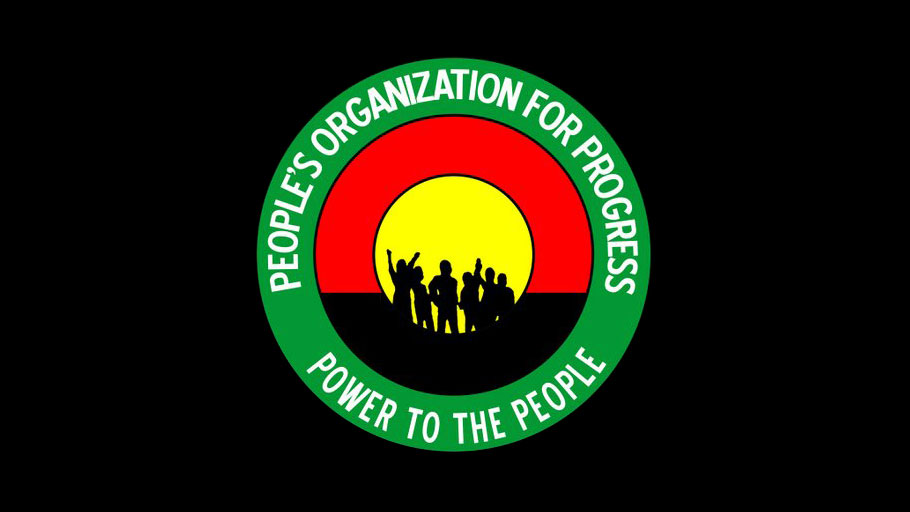
By The People’s Organization for Progress (POP) — This is a brief summary and overview that presents many of the voices in the lengthy history of African-American support and solidarity…

By The People’s Organization for Progress (POP) — This is a brief summary and overview that presents many of the voices in the lengthy history of African-American support and solidarity…
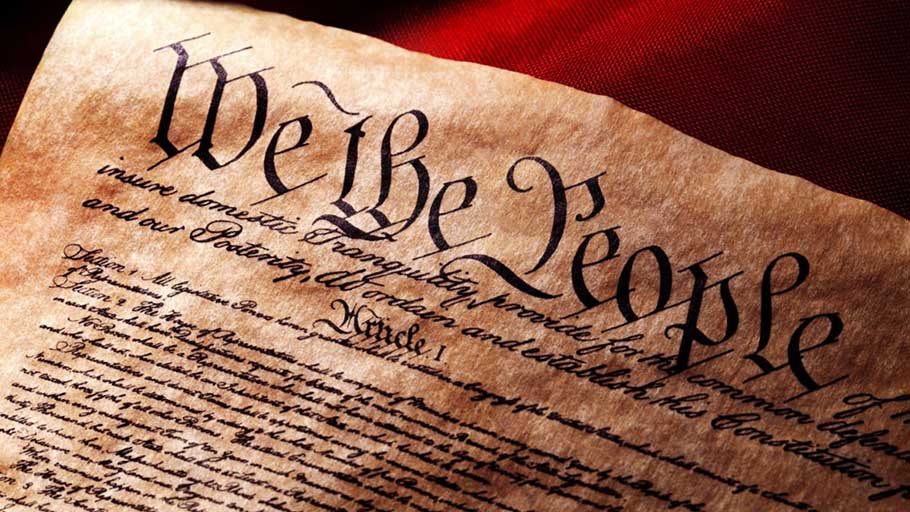
We can embrace the underlying spirit of the Declaration of Independence but also learn from its shortcomings. By Matthew Rozsa, Salon — It is painful to write about the shortcomings…
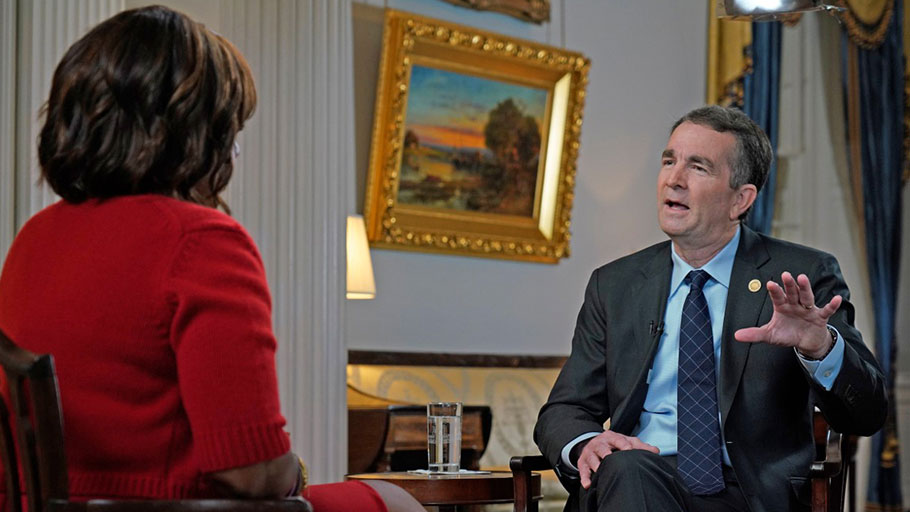
Perhaps the main reason so many people objected to Virginia Governor Ralph Northam calling the first 20 Africans to land in Virginia in 1619 indentured servants, and not slaves, is that they believe the conditions of slavery were so much harsher than those of indentured servitude, that calling these Africans indentured servants amounts to a cover-up of their reality. That is because the popular image that we have been sold…
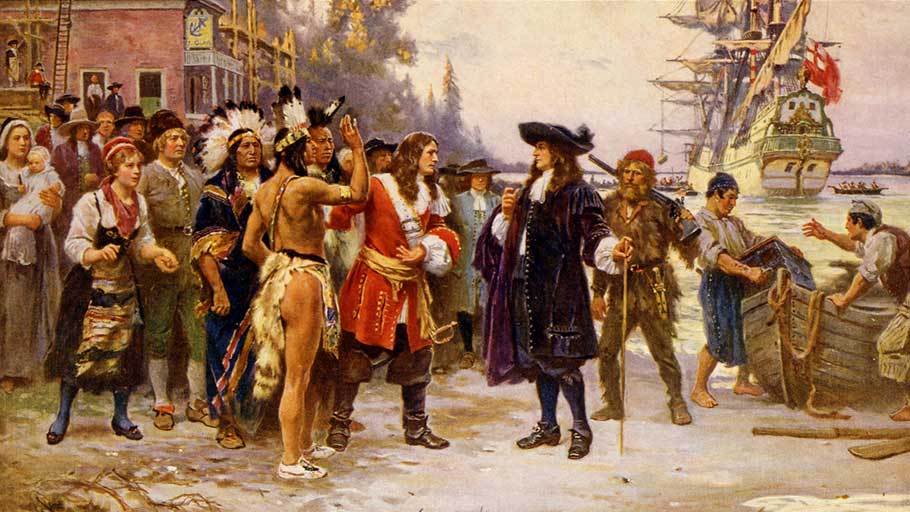
The flap of a butterfly’s wings really can cause a hurricane. By James Watkins, OZY — The very first immigrant from Thailand to Iceland arrived in 1979. Not a huge amount is…
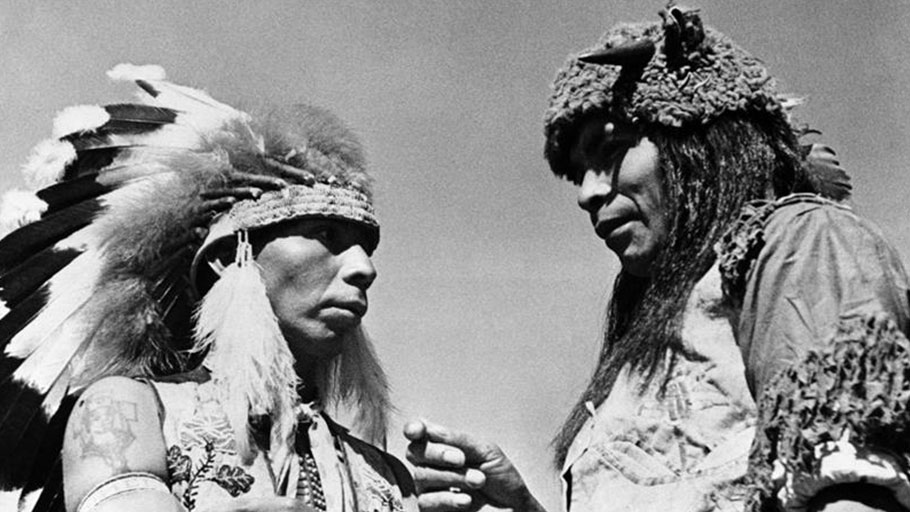
And how black people in Indian Territory were denied their rights even after their emancipation. By Alaina E Roberts, Al Jazeera — Last week marked the 153rd anniversary of the ratification of the 13th Amendment to the US Constitution in 1865. Rightly celebrated as a milestone for the black American community, the 13th Amendment led to the eventual liberation of all African Americans enslaved in the United States of the late…
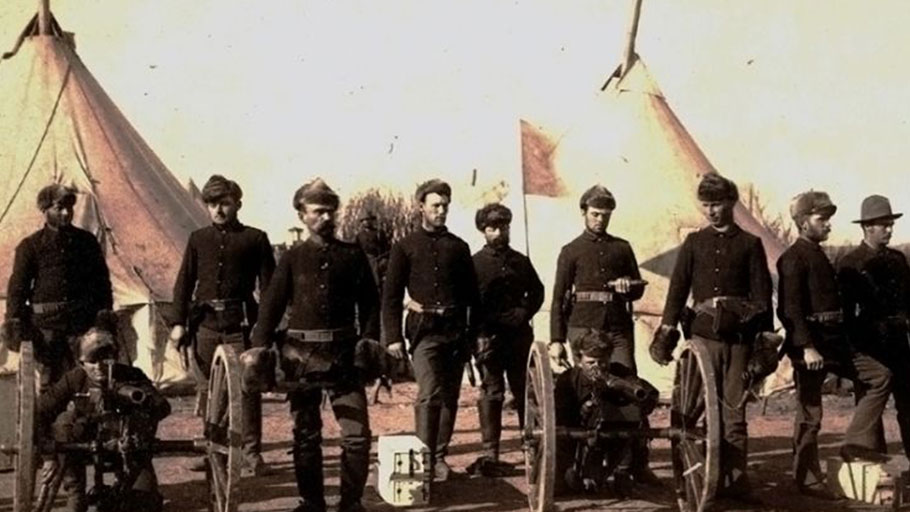
The violent theft of land and capital is at the core of the U.S. experiment: the U.S. military got its start in the wars against Native Americans. By Roxanne Dunbar-Ortiz,…
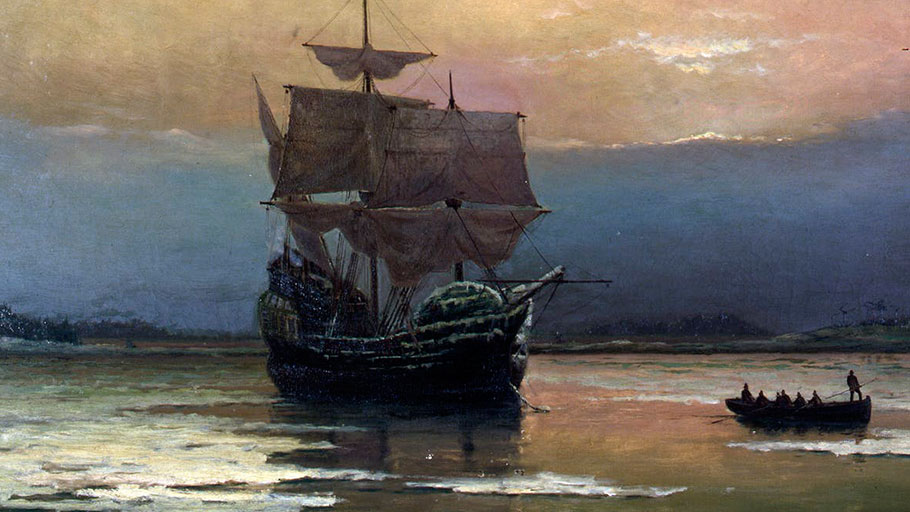
By Peter C. Mancall, The Conversation — Sometime in the autumn of 1621, a group of English Pilgrims who had crossed the Atlantic Ocean and created a colony called New Plymouth celebrated their first harvest. They hosted a group of about 90 Wampanoags, their Algonquian-speaking neighbors. Together, migrants and Natives feasted for three days on corn, venison and fowl. In their bountiful yield, the Pilgrims likely saw a divine hand…
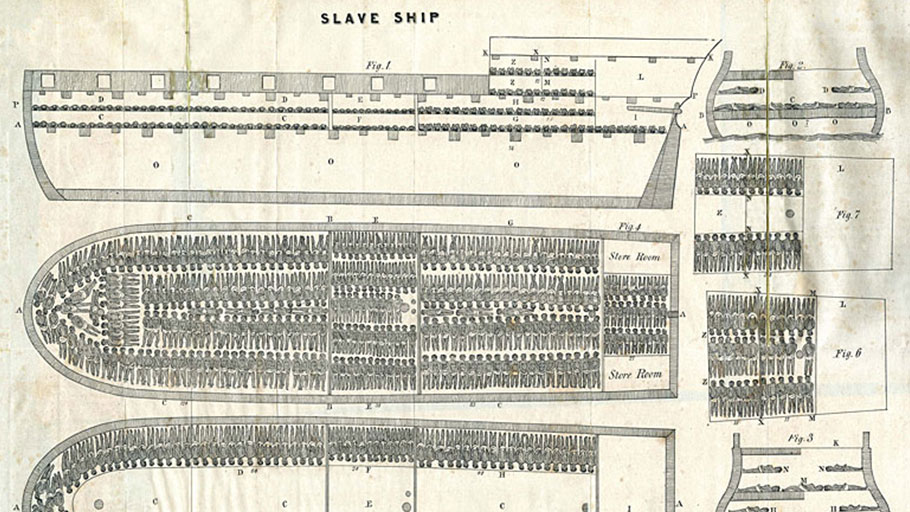
What is euphemistically referred to as “modernity” is marked with the indelible stain of what might be termed the Three Horsemen of the Apocalypse: Slavery, White Supremacy, and Capitalism, with the bloody process of human bondage as the driving and animating force of this abject horror. By Gerald Horne — The years between 1603 and 1714 were perhaps the most decisive in English history. At the onset of the seventeenth…
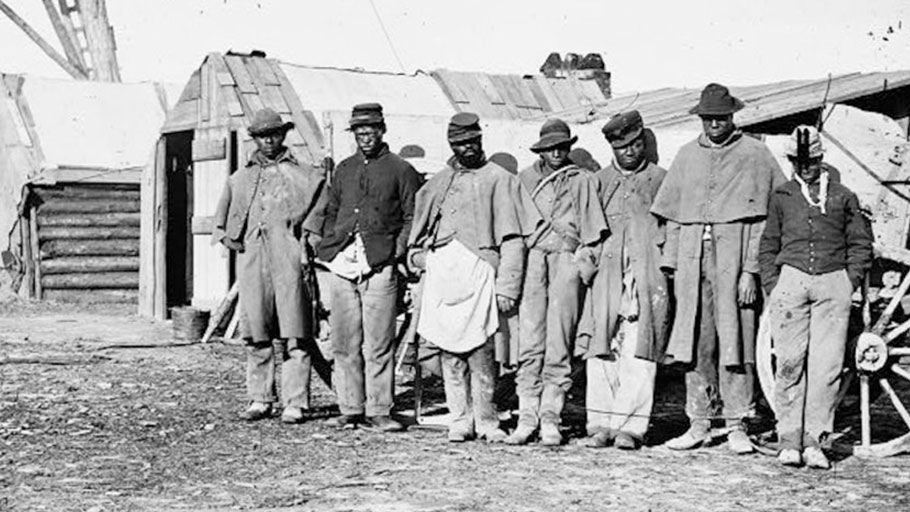
By Paul Street — Look at the following series of tweets from the president of the United States, reflecting Thursday on the tearing down of Confederate statues in the U.S. South: Sad to see the history and culture of our great country being ripped apart with the removal of our beautiful statues and monuments. You can’t change history, but you can learn from it. Robert E Lee, Stonewall Jackson—who’s next, Washington, Jefferson?…